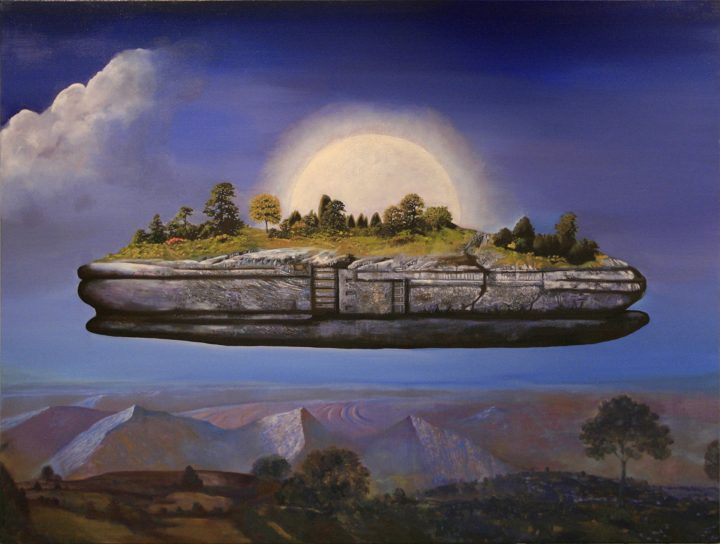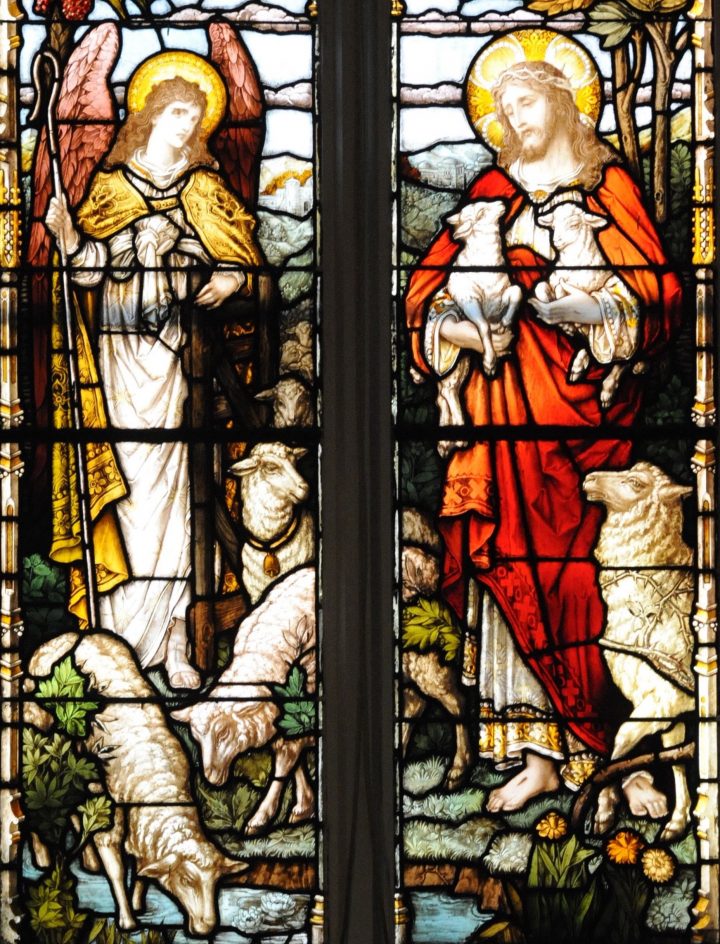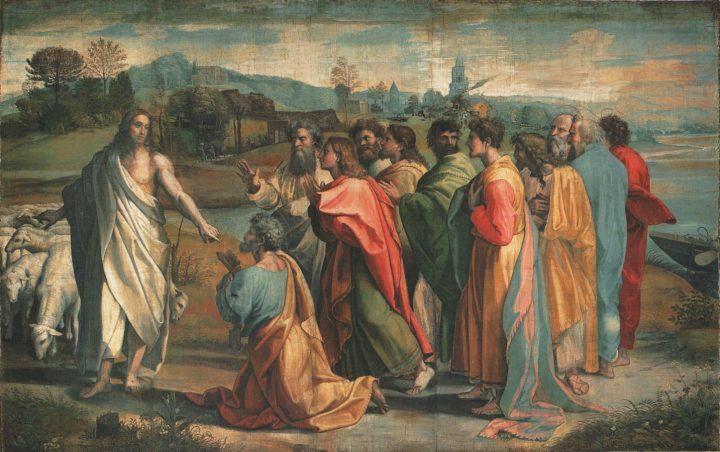When I made my first will as a young priest, I was asked if I wanted to add a testament. It took a moment to realize that the lawyer wondered if I had any words of wisdom to impart. I did not and alas still do not, but others have both in American history and in the Bible. We have been reading the most famous biblical example for the several weeks at Mass. It is usually called the Farewell Discourse, but it follows the form of a classic testament.
These were given by a teacher or patriarch to those whom he is leaving behind. It includes the announcement of departure, final instructions, warnings about the future and advice about potential dangers. The most important section was, then, as now, his legacy to those he left behind. What would comfort and support his family or followers? That was what the disciples were waiting for, and we hear it today.
Continue reading “Homily – 6th Sunday of Easter (Fr. Smith)”

